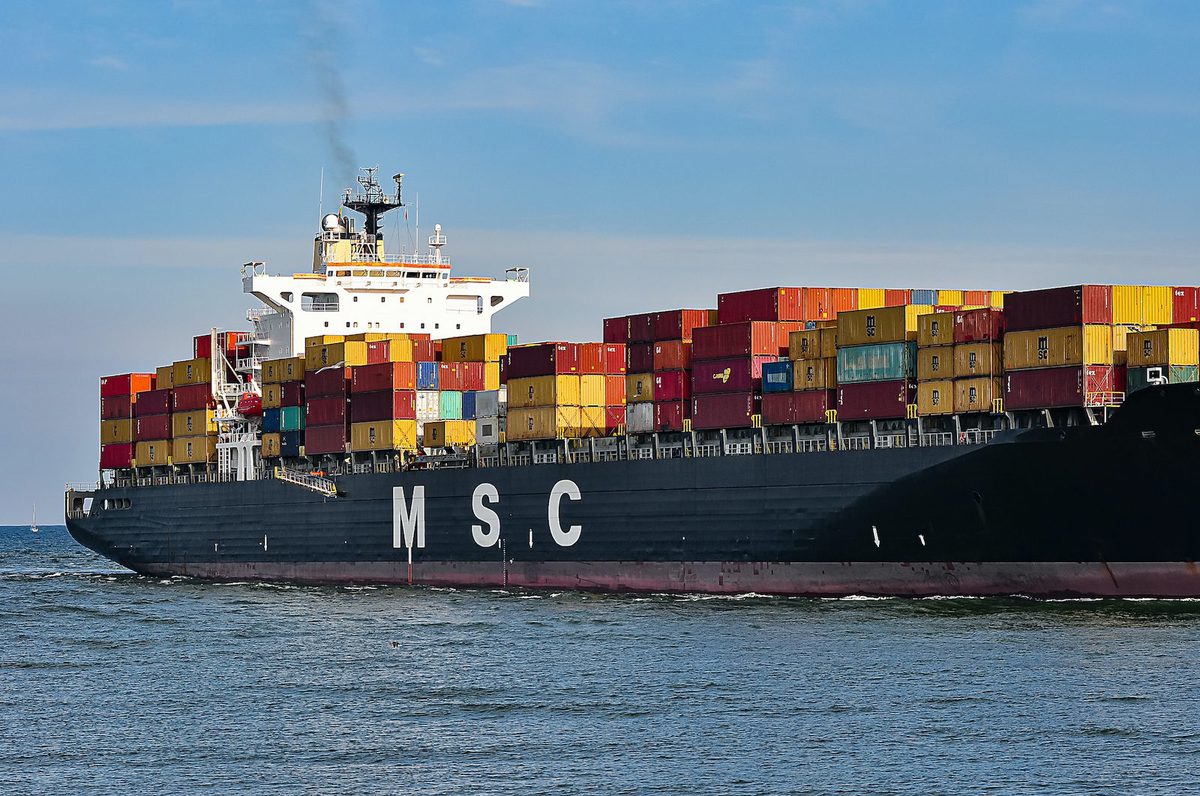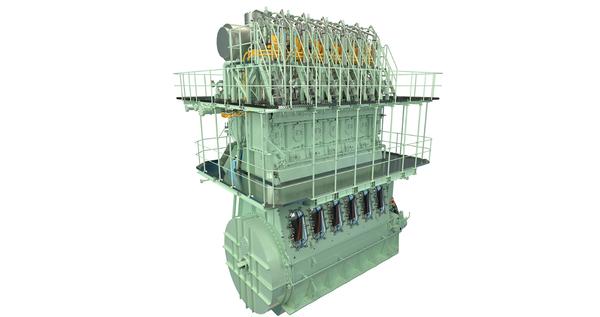Avolta to tap into DB Schenker’s book-and-claim system for CO2 savings
Swiss retailer Avolta will leverage German logistics provider DB Schenker’s investment in biofuel insetting programs to claim CO2 reduction from its supply chain emissions.
 PHOTO: A container ship owned by the Mediterranean Shipping Company. MSC
PHOTO: A container ship owned by the Mediterranean Shipping Company. MSC
DB Schenker has signed carbon inset contracts with three shipping majors, Hapag Lloyd, Mediterranean Shipping Company (MSC) and CMA CGM.
Under the agreements, DB Schenker will use a book-and-claim system to claim CO2 reductions from each shipping major through the use of biofuel on their respective vessels. It will then pass on these reductions to its customers.
The book-and-claim system is a supply chain model that allows cargo owners or logistics providers to purchase emission reduction credits from other shipowners that have already invested in low-and zero-emission fuels. The carbon savings are then documented in the buyers’ emissions dashboard and audited annually by a third party.
This system helps buyers offset emissions from their ships without needing to invest in low-and zero-emission fuel infrastructure, technologies or vessels.
How will DB Schenker claim CO2 reductions?
DB Schenker has committed to purchasing biofuel for its cargo movements with these shipping companies. Hapag-Lloyd, MSC and CMA CGM will bunker some of their vessels with biofuel blends, but the exact number of vessels to be powered by biofuel blends under this program has not been specified. Biofuel will be derived from used cooking oil (UCOME) in all the three agreements.
They will allocate carbon credits equivalent to the greenhouse gas (GHG) emissions saved through the use of the agreed quantity of biofuel to DB Schenker, using a mass balance concept.
In this context, the mass balance principle refers to the accounting method used to track and allocate GHG reduction equivalent to biofuel usage on ships. This approach allows DB Schenker to purchase carbon credits from shipping companies, offsetting emissions even if its actual shipments are made on fossil-fuelled vessels, provided it pays the premium.
How will Avolta claim CO2 reductions?
Avolta operates duty-free and duty-paid retail shops in airports, cruise lines, seaports, railway stations and central tourist areas across the world. It will pay a premium to DB Schenker to claim an agreed amount of CO2 reductions for its cargo shipments on the Barcelona-Miami route.
Avolta claims that switching to biofuel “could prevent over 150 tons [150 mt] of CO2e Well-to-Wake emissions per year, based on Avolta’s 2023 container volume on this route, reducing up to 84% of the CO2 emissions.” The base year for these calculations is not specified.
DB Schenker will then pass on the purchased reductions from Hapag-Lloyd, MSC and CMA CGM to Avolta, again using a book-and-claim system.
By Konica Bhatt
Please get in touch with comments or additional info to news@engine.online






